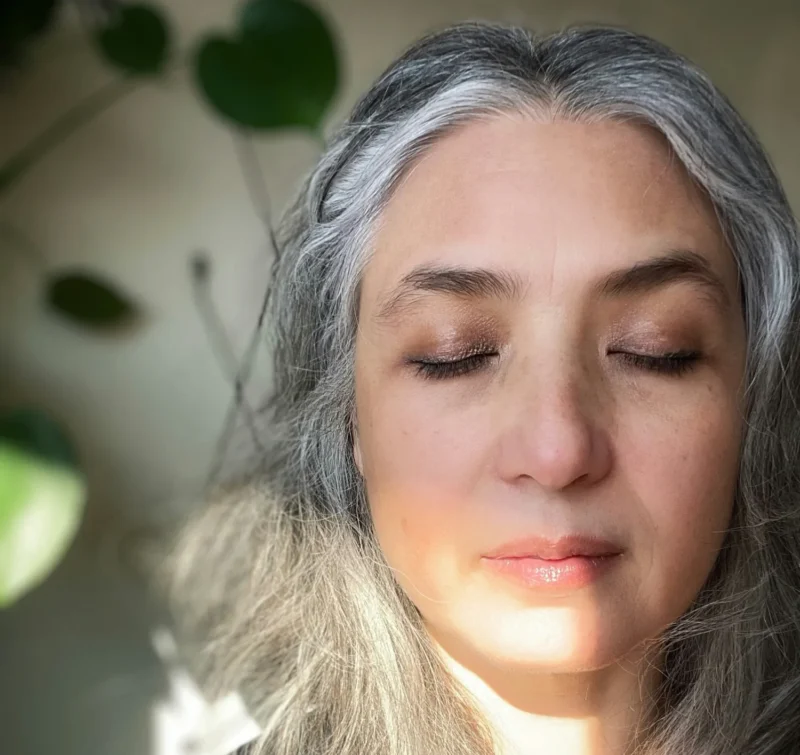
Grief & Loss
Grief is a natural and deeply human response to loss. It can arise when we lose someone or something meaningful — a loved one, a relationship, a job, a sense of identity, or even a way of life. Grief is not limited to death; it can also follow events such as separation, illness, relocation, or major life changes. There is no “right” way to grieve. Your response may be emotional, physical, spiritual, or all of the above. At Seed Psychology, we understand that grief is not something to be fixed — it’s something to be held with compassion. We are here to support you as you move through this process at your own pace.
Signs and symptoms
Grief can affect every part of your life — and may show up in ways you didn’t expect. Common experiences include:
- Intense sadness, yearning, or emptiness
- Numbness or emotional detachment
- Anger, guilt, or regret
- Difficulty sleeping or changes in appetite
- Fatigue or low energy
- Trouble concentrating or remembering things
- Loss of motivation or interest in daily life
- Anxiety or fear about the future
- Feelings of isolation or disconnection
- Physical symptoms such as tightness in the chest, headaches, or body aches
Some people experience grief immediately; for others, it may be delayed. You might feel better after a few weeks, or it may take months or even years. All timelines are valid.
Causes or contributing factors
Grief can arise from many types of loss, including:
- The death of a loved one
- Miscarriage, stillbirth, or infertility
- Relationship breakdown or divorce
- Loss of employment, role, or identity
- Life transitions (e.g., retirement, children leaving home)
- Serious illness or diagnosis — your own or a loved one’s
- Forced migration or disconnection from home and culture
Certain factors can intensify grief, such as:
- Sudden, traumatic, or unexpected loss
- Lack of closure or chance to say goodbye
- Pre-existing mental health conditions
- Limited support or isolation
- Cultural or spiritual conflicts around grief
Types or subcategories
There are different types of grief, and your experience may include one or more of the following:
- Anticipatory grief: grieving before a loss (e.g., terminal illness)
- Complicated or prolonged grief: grief that remains intense and unrelenting over time
- Disenfranchised grief: grief that is not socially acknowledged (e.g., loss of a pet, ex-partner, or estranged family member)
- Collective or cultural grief: grief shared across communities due to shared trauma, crisis, or injustice
All grief is valid. You don’t need to minimise your loss or compare it to others’.
What you can do
Coping with grief is not about “getting over it,” but about learning to live alongside your loss. Some helpful steps might include:
- Allowing yourself to feel whatever arises without judgment
- Sharing memories and emotions with trusted people
- Creating rituals or ways to honour your loss
- Maintaining some structure or gentle routine
- Engaging in activities that feel grounding or restorative
- Seeking out supportive grief groups or communities
- Being patient and kind with yourself, especially when grief feels unpredictable
You are not failing if your grief still hurts — healing is not linear.
How we can help
At Seed, we provide gentle, respectful support for those navigating grief and loss. Our Psychologists meet you where you are — whether your grief is fresh, complicated, or has been quietly carried for years.
We can support you to:
- Understand and make meaning of your grief
- Navigate painful emotions like anger, guilt, or regret
- Develop tools to manage overwhelming thoughts or sadness
- Reconnect with life while honouring your loss
- Process trauma related to the circumstances of the loss
- Explore your spiritual or existential questions around death and meaning
- Strengthen your sense of self during times of identity change
You don’t have to go through this alone — healing is possible with care, time, and support.
Our client care team will gently support you in finding a Psychologist who can walk alongside you with compassion and understanding. We offer in-person sessions in Brunswick and online therapy across Australia.
Through connection,
change is possible
Our compassionate team at Seed Psychology is here to help you regain your wellbeing and navigate life’s challenges with greater confidence and clarity. Connect with us to book an appointment with a psychologist in our Brunswick clinic or via telehealth Australia-wide.
Available resources
Meet our amazing team of therapists
Our diverse team of psychologists offer individual, couples, and online therapy, as well as assessments. Beyond their expertise, they bring humanity and care, providing respectful, affirming support tailored to each person’s unique experience.
Freqeuently asked questions
-
You do not need a referral to see a Psychologist at Seed Psychology. However, if you’d like to claim a Medicare rebate, you will need a Mental Health Care Plan (MHCP) from your GP. With a MHCP, you may be eligible for rebates on up to 10 sessions per calendar year. These sessions can be used at any psychology clinic of your choice. To access Medicare psychology rebates, book an appointment with your GP and ask for a Mental Health Care Plan. Most referrals begin with 6 sessions, with the option to access 4 more after a review. Referrals can also be provided by a psychiatrist or paediatrician.
-
Yes, we offer in person sessions at our Brunswick East practice and secure online appointments. Our online services make it easy to connect with your Psychologist from anywhere, offering flexibility without compromising on care. Whether you attend in person or online, you’ll receive consistent, high-quality support.
-
To book an appointment, simply use our booking form, or call our client care team on 9388 8113.
-
Our goal is to make mental health care approachable, inclusive, and clear—so you always know what to expect.
Individual Therapy Sessions
- Private clients (no referral): $255 – $285
- Clients with a MHCP: $230 – $285
- Medicare rebates: $96.65 – $141.85 per session (depending on the clinician)
- Private clients (no referral): $255 – $285
-
At Seed Psychology, your safety and wellbeing are our highest priorities. While we are here to support you through regular therapy sessions, we are not a crisis service and may not be available outside of scheduled appointments. If you or someone you care about is in immediate danger, experiencing a mental health crisis, or needs urgent support, it’s important to seek help straight away through the appropriate emergency or crisis services. You can find a list of trusted organisations and services here that can provide immediate support when you need it most.











